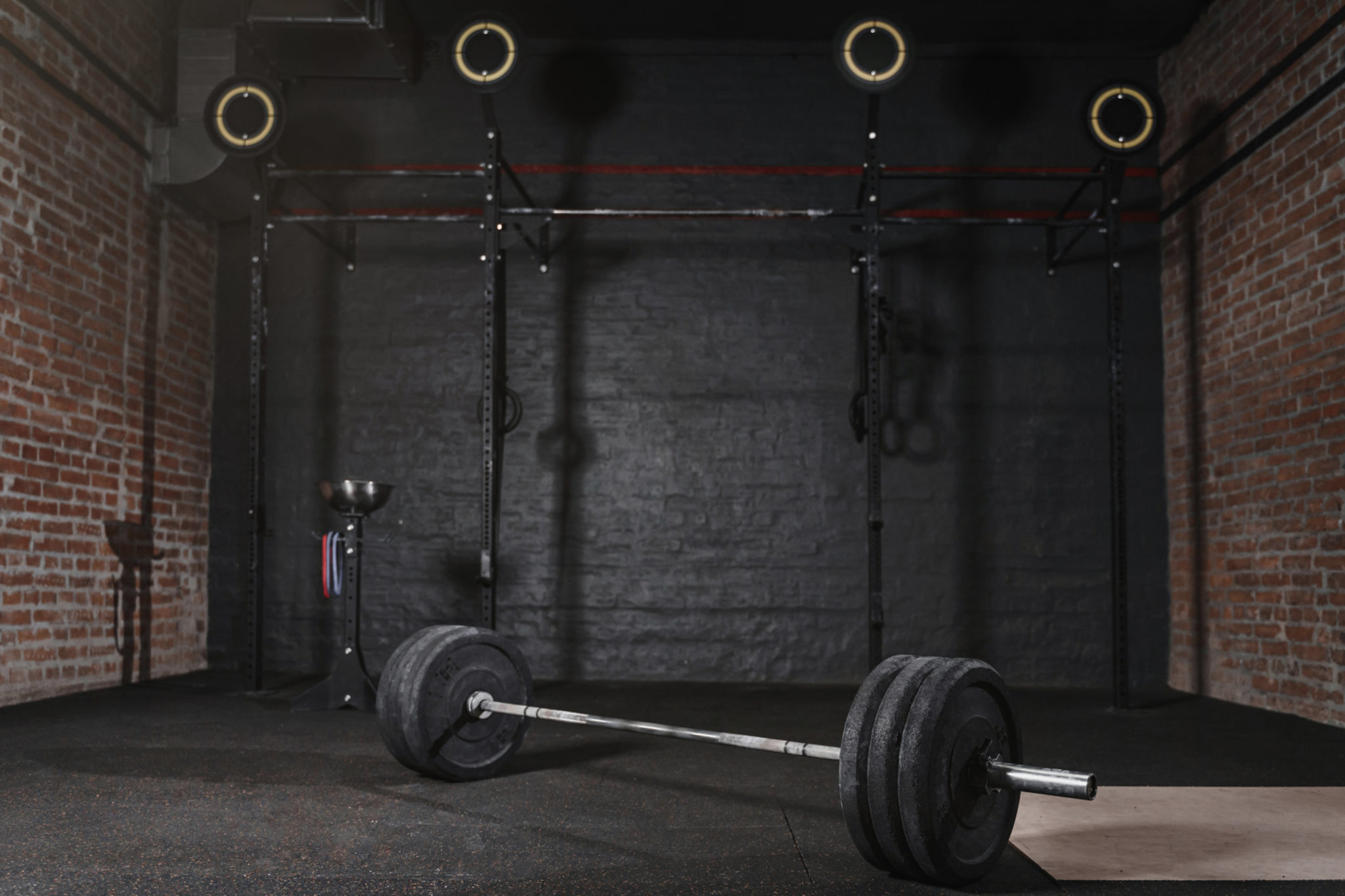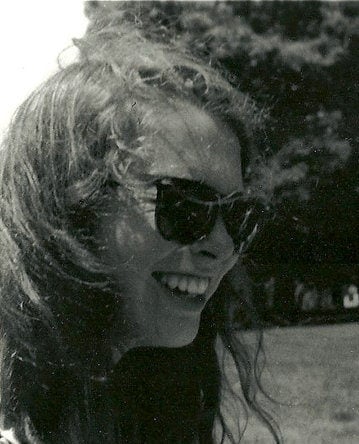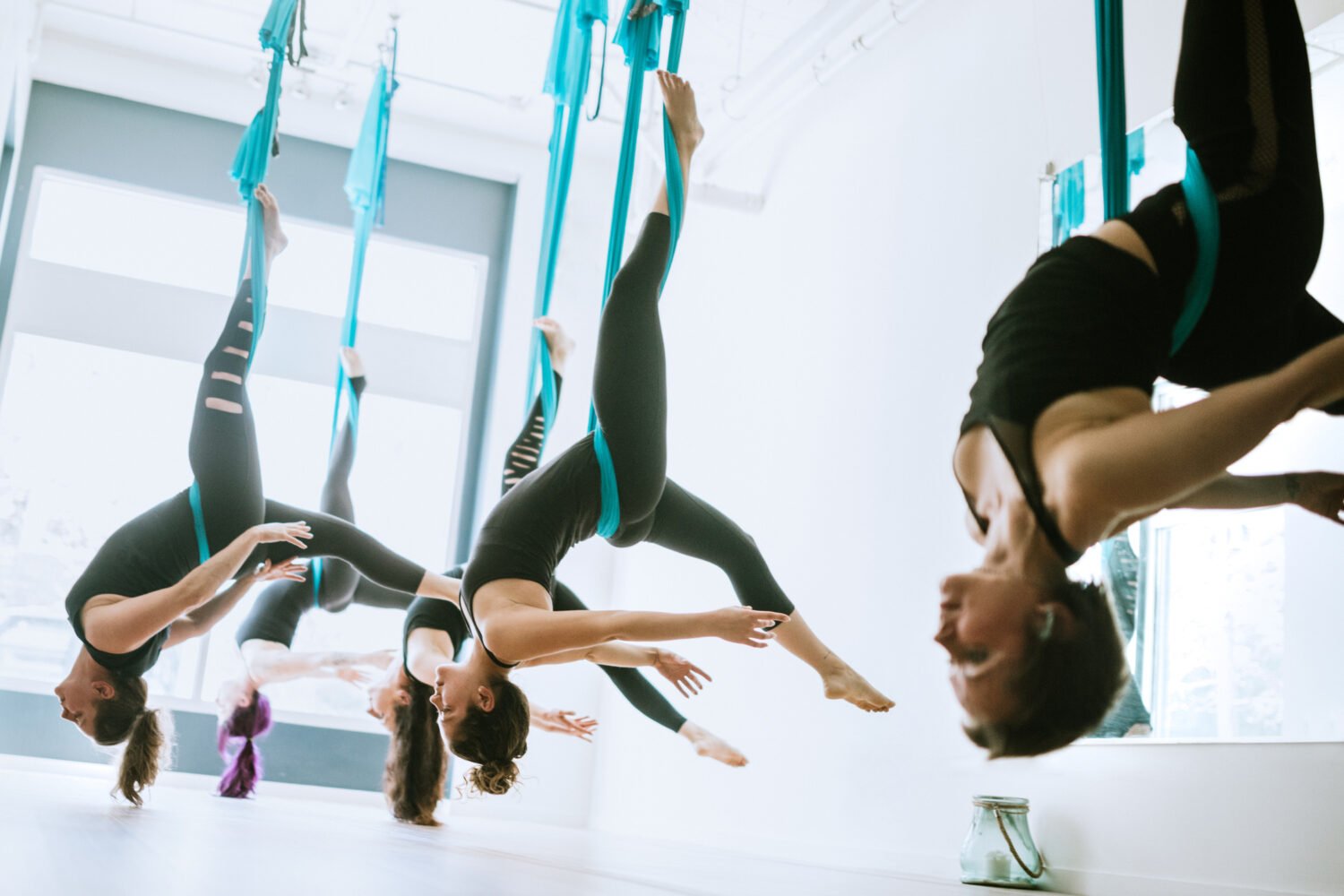About Coronavirus 2020
Washingtonian is keeping you up to date on the coronavirus around DC.
When Chris Perrin made the decision March 15 to temporarily close Cut Seven, the Logan Circle fitness studio he owns with his wife Alex, it was a struggle. “I kind of had a breakdown, and my wife talked me off the ledge,” he says. “To think that this might be the last time I coach in this room—it was overwhelming.”
The duo saved for years before opening the studio in 2017. It wasn’t an easy process: they ran out of money during construction and discovered they were pregnant just as the business launched. But finally, the Perrins felt as if Cut Seven was hitting its stride, and they were about to put down the deposit for a second studio location on U Street. Then the Covid-19 pandemic happened.
It’s a situation faced by many owners of small boutique fitness studios, which Mayor Bowser‘s March 24 stay-at-home order deemed nonessential. Suddenly, fewer folks are buying classes; some are freezing their memberships altogether. During a health and financial crisis, how do you sustain a business that’s built on entering crowded, sweaty rooms and interacting with dozens of people?
Many spots are now offering virtual programming, but it may not be enough to sustain them long-term, say local studio owners. Cut Seven, for instance, hosts several free online classes a day, as well as live Zoom classes for those with memberships. The latter, combined with selling workout equipment, has brought some income to the studio, but not nearly enough, says Perrin.
The couple is using the deposit they’d saved for their second location to sustain the business and pay their trainers (as of now, Cut Seven has not let anyone go). By the end of the month, the studio will probably be out around $100,000 total, Perrin estimates.
“It’s really just eating business money. It’s turning our business, our savings, into an ATM, which I hate, but there’s just no way around it,” says Perrin. “It’s a double negative when you’re not bringing money in and you’re putting money out.” Perrin, like many other local fitness studio owners, has applied for small business grants from the government, but he’s still waiting to see if Cut Seven will qualify.
Candice Geller, 30, a federal attorney who owns the H Street cycling studio Election Cycle, is in a similar situation. She closed her doors March 15, froze all studio memberships, and is streaming her classes online for free. The studio’s sole income now comes from renting out bikes to take home. “That’s been successful, but it’s not nearly as lucrative as being open,” says Geller. “We have a loan payment, we have utilities, we have payroll, insurance. We still have all those things that don’t stop just because our business stopped.”
Luckily, the DC government has allowed Election Cycle to repurpose a small business grant it was awarded last year, originally to be used for improvements. Instead of making those necessary updates, Geller will use the grant to pay rent, expenses, and payroll, a development which she estimates buys her another three to four months.
But if this continues, is Geller worried about having to close Election Cycle? “Absolutely, yeah,” she says. “That’s a real concern and a real fear.” While she knows she’s lucky to have a full-time job outside of owning Election Cycle, she does depend on the studio for extra income, and she invested a significant amount of her own money to get it started. If it folds, she estimates she’d lose up to $80,000.
While the pandemic may have been the push many local studios needed to embrace virtual programming, some say they’ll continue offering it even when things are back to normal—just to be safe. “We are committing ourselves to building out that program in case something like this ever does happen again,” says Cut Seven’s Perrin.
That’s not an easy pivot for everyone, though, says Rachel Snider, 35, who owns the line of boxing studios Nuboxx. While the group has found some success with its online workouts, says Snider, she doesn’t see it as a sustainable, long-term model, especially if the pandemic drags on for months.
“Boxing you can’t really do online,” she says. “We’re not the same as a strength and conditioning HIIT class that you can really do anywhere.”
Snider just opened Nuboxx’s second location on U Street. The new space was only open for a week in March before Snider had to shut its doors. She’s currently trying to negotiate rent with her landlord.
“Everything’s just day-by-day for me right now, especially with the second location,” she says. “If we [reopened] by early May or June, we would be okay. But after that, I don’t know.”
It’s a question all small business owners, not just those in the fitness world, are asking—how long can we survive like this?
“I’m like, up at 2 AM consumed by this news on the Washington Post or whatever,” says Perrin. “I’m trying to figure out the freaking pattern so I can solve when this is going to be over.”
The one saving grace, local fitness studio owners say, is that they’re all in this together. “Everyone’s in the same boat, so I try not to go down that rabbit hole of woe is me,” says Snider. “We’re doing the best that we can with what we have.”


















